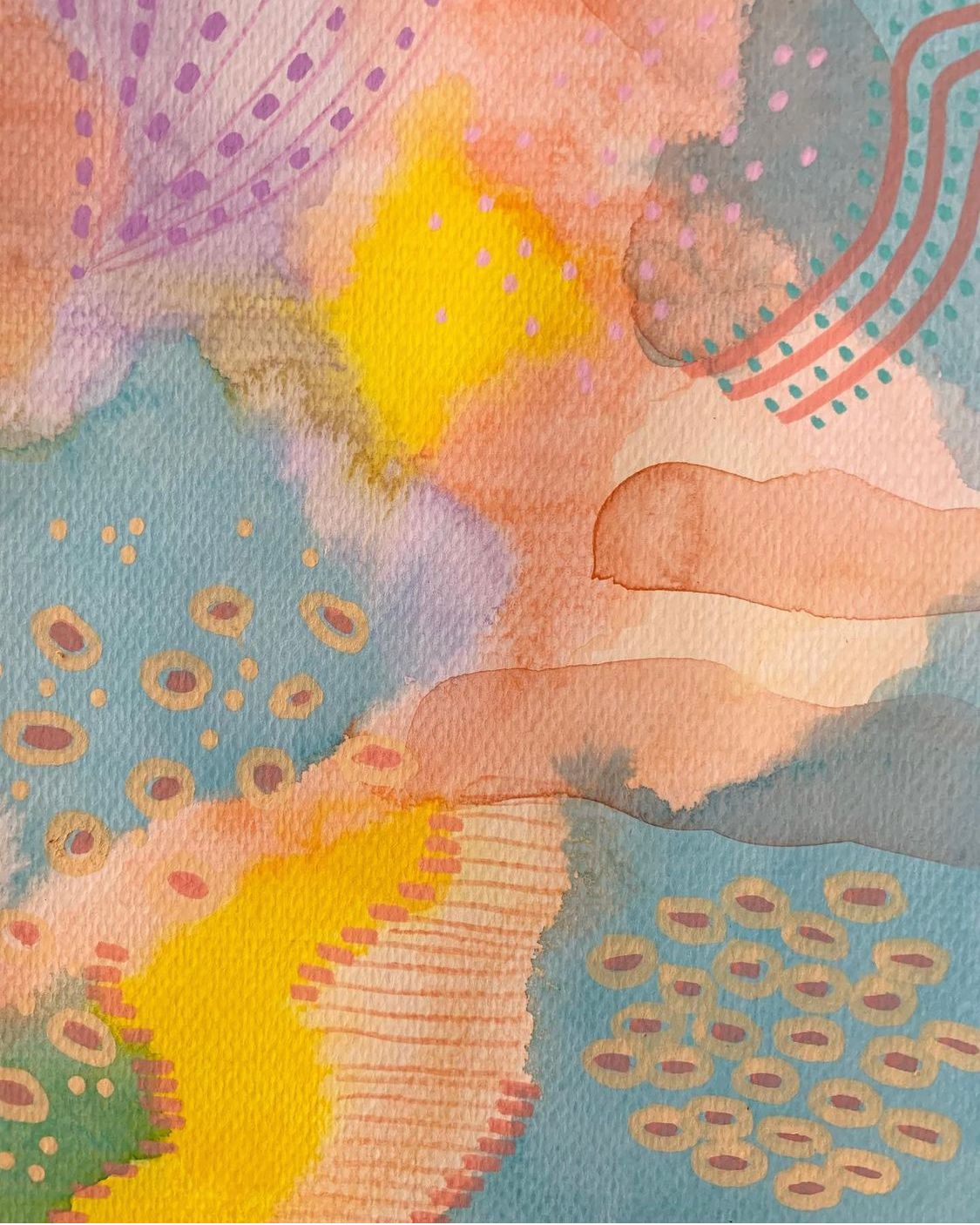The pandemic has brought the coexistence with a virus that causes a painful disease, which has left sequelae in many, as well as has led to the appearance of a series of pains and ailments that arise as an effect of these hard times of isolation and constant tension. In this context, pain has been in evidence, making me think about what the consequences of living with pain can be.
In his important text on narcissism, from 1914, one of the aspects that Freud addresses is how libido - understood succinctly as the energy that is invested in one's own self or in objects in the external world - is distributed in the presence of an illness, more specifically in the presence of physical pain. He quotes:
"In the hole of his molar," says Wilhelm Busch of the poet who suffers from toothache, "is concentrated his soul." Libido and interest in the ego have the same fate there, and are again inseparable. (p. 26, Introduction to Narcissism, edition of Cia das Letras).
This passage has always marked me, because I think it is an almost universal experience. Those who have experienced physical pain actually experience a kind of withdrawal from the external world, which sometimes even appears in a physical shrinking of the body. One is completely focused on one's own pain, and it is almost impossible to invest even a little in anything beyond it.
I kept thinking about how the pains that the body suffers come as a reminder that we have a body, we inhabit a body. I remember a silly meme that brings a truth about this, it says: me with a stuffy nose remembering the happy moments I lived with a stuffy nose. When the body works well, it is as if it were "invisible", almost imperceptible, as if being well was a little forgetting that we have a complex set of organs working 24 hours a day. It is enough for something of this functioning to fail to remember that we have a head, stomach, teeth, ears...
It is then that we are faced with what Freud, in Malaise in culture , establishes our finitude as a source of human suffering. Pain reminds us that our body is fallible, deteriorates, ages, and at some point will stop functioning. In other words, pain can put us in front of death, the fear of death, the fear of suffering, to feel in centimeters of the skin, in organ cells that we almost never remember, that the body is fragile, vulnerable.
Our body is not under our control. Although science and technology allow us to increasingly control, modify, and fix it, there are things that escape us. When struck by intense pain, the body - with its limits, borders and edges - overflows, comes as excess, nothing contains it. The body signals that it can override our wills and desires, suspend external interests and, as Freud states:
A more precise observation shows that he [someone suffering from organic pain] he also removes libidinal interest from his amorous objects, which he ceases to love while suffering (p. 26).
It is a subject who is self-absorbed, suffering, turned to himself because otherwise he is not capable of doing. In this way, living with pain for such a prolonged period can actually undermine social relations, as well as the creative and productive capacity of the subject. It seems to me that it is necessary not only to treat pain physically, but also to make room, in speaking and listening, for the pains that devastate the body; to welcome that which so often seems unnameable and intrusive, something that happens without the subject's knowledge.






